How to use #JournoRequest to get media attention for my business. Today we're going to talk about how to contact journalists specifically when you're replying to a reporter who's put a shout-out for help online.
What are #JournoRequest and #PrRequest?
Now, if you aren't familiar with online journalist requests, jump on X, formally Twitter and search for a couple of hashtags #JournoRequest and #PrRequest. Just to warn you there is all sorts of stuff on here. There are journalists from around the world from all different media, from online to TV to radio to print, asking all sorts of unusual and random questions.
So let's dive in and have a look at a journo request. Right? We've got one here from Amelia Lavinia, and it looks like she works for Cosmopolitan magazine. OK, that sounds promising. What's she got to say for herself? She asks:
"Have you ever had pity/charity, s*x? A K A. If you slept with someone after a date despite not really wanting to? #JournoRequest, you can be anonymous."
More media training guides and podcasts

Mastering profile interviews in the media

Media appearances, the unwritten rules

Public apologies, how to say sorry in the media and mean it

Why off-the-record journalism is riskier than you think
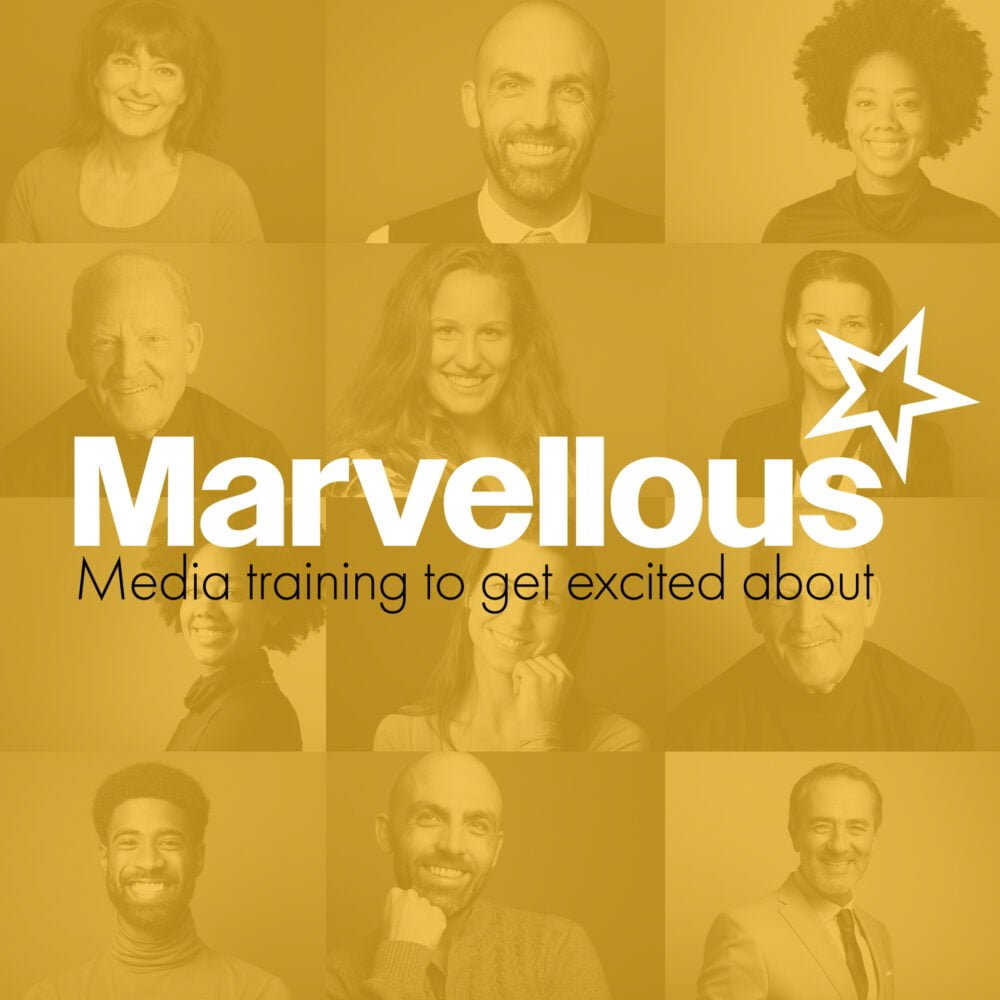
What are key messages in the media?

Give your leader feedback after a media interview

Why avoid corporate speak and office jargon in media interviews?
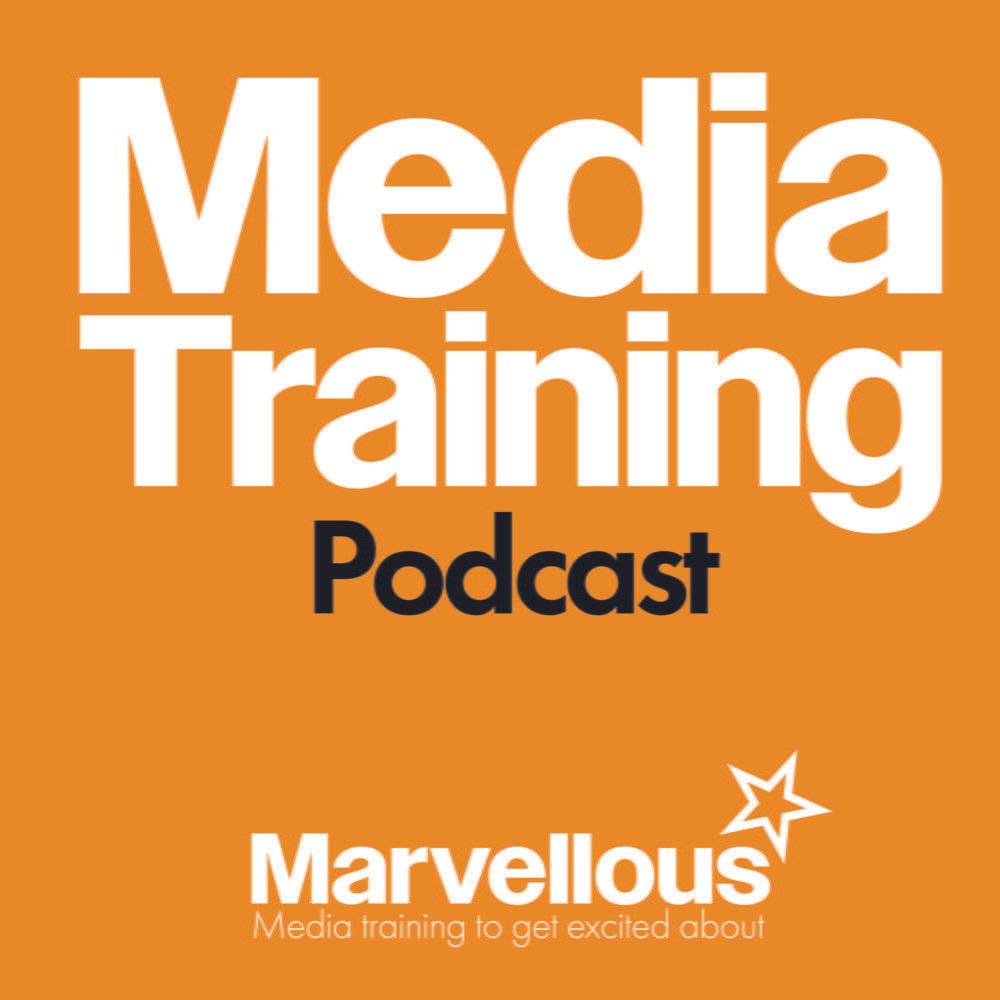
Media interview preparation checklist

How to create a founders’ origin story

How to answer hostile or negative questions from a journalist
I recommend avoiding online requests from journalists unless they specifically ask you to share your area of knowledge or expertise
There are lots of requests like this. People looking for case studies in particular. And I would say, unless the topic allows you to share your specific area of expertise something you wany to be known for, then you should probably avoid Emile's request.
Let's keep on searching. There's another one here from Kate Rosinski and she asks:
"We are looking for accidental managers ie. someone that's been moved into the role without training. Drop me a DM."
OK, at least this is in the business space. But again, it's looking for a case study. Someone who's had problems at work.
The majority of #JournoRequests are in the B to C space
A lot of these requests come from around the world, and they tend to be quite sort of seasonal. B to C stuff, questions, things like, "What's the best way to decorate a Christmas tree," and that sort of thing. But if you look hard enough, there are opportunities to generate great PR for your business or for your organisation.
Several web-based services share requests from journalists:
Sharing your business expertise with journalists
Now, this particular request sounds a little more promising because it sits in the business space and is looking for someone to share their expertise.
It's an opportunity for you to be known, liked and trusted and do business with people. I recommend to clients that you occupy this expertise space. It's where all the action is.
You get to look and sound expert in print and on air. You're not talking about your s*x life. You get known, liked and trusted and importantly, you stand the chance of getting asked back.
If it's about your business, if it's about how you can help people, you can come back time and time again and get known for what you do.
Everyone loves a bit of repeat business, don't they? Yeah, especially when it comes down to free PR.
So let's have a look at this one, which is a bit more promising. It's from Sam Walker, who works for the Sun newspaper, which is a tabloid here in the UK. And Sam says:
"I'm looking to speak to a marketing expert about dynamic or surge pricing across retail, hospitality and other sectors. For a piece in the Sun, the DMs are open or contact me by email. Thanks."
Great. So let's assume that we have some expertise in surge pricing. How might we go about getting in touch with Sam and telling him all the great things that we know about surge pricing?
Time is absolutely of the essence, so don't hang around. Sam's probably working towards a deadline, which will be today because it's a daily newspaper. So let's do a bit of a draught reply to Sam:
"Hello, Sam. I've just seen you're looking for a marketing expert to talk about surge pricing. I think I have someone in mind who could help you with this. Could you give me some more details? Best wishes, Steve."
Don't reply to #JournoRequests with more questions
That seems perfectly reasonable. It might be the kind of email that you would send in business. But in this situation, speaking to a journalist is completely useless because Sam hasn't got time for some back-and-forth email chat where you dance around sounding each other out.
Dozens of people may be replying to this tweet. He's just gonna ignore a message asking for details.
How to reply to #JournoRequests for business using my COAT acronym
So what should we do now? I've come up with a clever acronym to help you out when you are replying to journalists and the acronym is C.O.A.T.
Put your coat on some PR is in the offing. This acronym will give you everything you need to put in that quick email to a journalist.
Share your credentials
OK, so let's go through it so C stands for your credentials. OK, so let's try this:
"Hi, Sam. My name's Steve. I'm the marketing director of a hotel chain that uses surge pricing around busy and quiet periods to set our room rates."
Your credentials reflect your experience, your expertise, and why you're the right person to talk to
Brilliantly, there it is. Credentials. I'm not saying I've got a degree in marketing, although I'm sure that helps. Your credentials reflect your experience, your expertise, and why you're the right person to talk to. And in this case, you work for a hotel chain that uses surge pricing. Sam's gonna be sitting up and listening straight away.
Journalists want opinions
So let's see, What about the O? It stands for opinion. Journalists want to hear strong, forthright opinions. If you're gonna be a go-to expert, you're gonna need an opinion.
So my email might continue like this:
"In my opinion, surge pricing unfairly gets a bad name. Yes, the price of our hotel rooms goes up in peak times. But they also are much more affordable for people travelling off-peak or for those planning a trip way in advance. Surge pricing helps us stay competitive. It keeps our rooms full and helps us avoid laying off staff at quiet times."
Boom! There you go. I've got an opinion. I've got credentials and opinions. By this point Sam is really gonna be biting on this reply.
You've got your C for credentials. You've got your O for opinion.
People remember stories, not statistics
Next in our C.O.A.T acronym is A for anecdotes. And what I mean here is to provide a very brief example. A real-life anecdote that supports your opinion. Make it visual.
Perhaps, a convention of clowns stayed at your hotel at a bargain price! (Or a better story than that.) A short anecdote they can picture. Your convention of clowns was really chuffed because they stayed off-peak and they got a great price. You could even pass on the phone number of the chief clown! Something like that, something they can visualise something they can see something their readers can grab onto.
When replying to journalists time is of the essence
So that's your anecdote. And the final letter in the C.O.A.T is T for timeliness. Don't hang around. Contact that journalist immediately. But not only that. Tell them that you are available to talk straight away. Add your mobile number and email address to the message.
So if we think about all the replies our journalists are getting, who are they gonna favour? Are they gonna favour the first message saying, Yeah, can you give me a bit more detail or are they going to favour the message that uses my COAT Acronym? Yes! They're gonna want that, aren't they?
Building relationships with journalists can take time
Now you may do everything right and just hear absolutely nothing back. But that's normal. Don't be disheartened. Even when you've used this system, you may not even get a reply, but you will be on the radar. They'll have your details. Follow that journalist on X, Twitter, or whatever it's called these days like and comment on their articles you know, when the right story comes about they'll they'll get in touch with you. So that is it. Check out those hashtags and get your coat on! Thanks for listening.

Mastering profile interviews in the media

Media appearances, the unwritten rules

Public apologies, how to say sorry in the media and mean it

Why off-the-record journalism is riskier than you think

What are key messages in the media?

Give your leader feedback after a media interview

Why avoid corporate speak and office jargon in media interviews?

Media interview preparation checklist

How to create a founders’ origin story

How to answer hostile or negative questions from a journalist

How to be authentic in a media interview

Crisis Management: How to write a holding statement
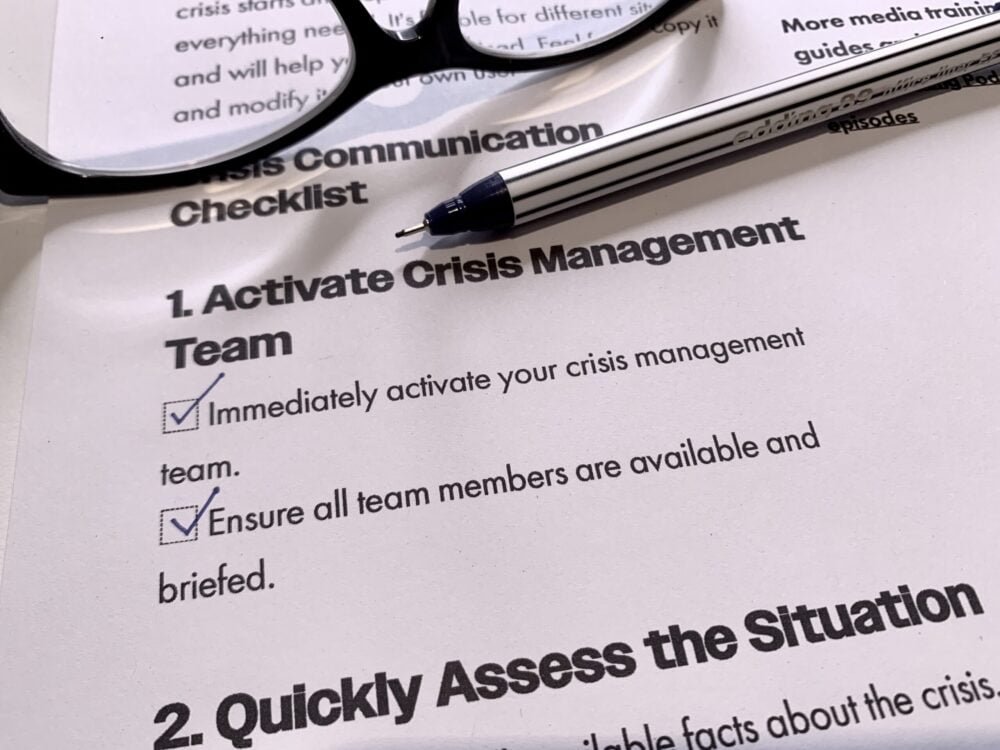
Crisis communications checklist

How to create a successful media soundbite
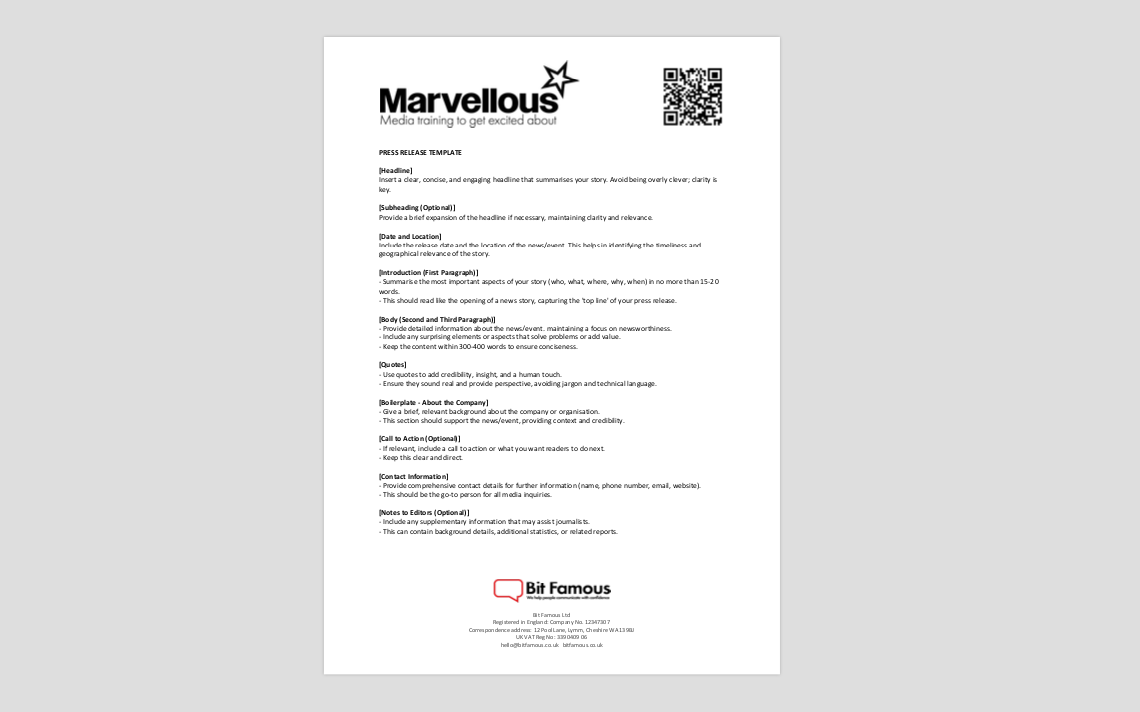
Free press release template (Word)
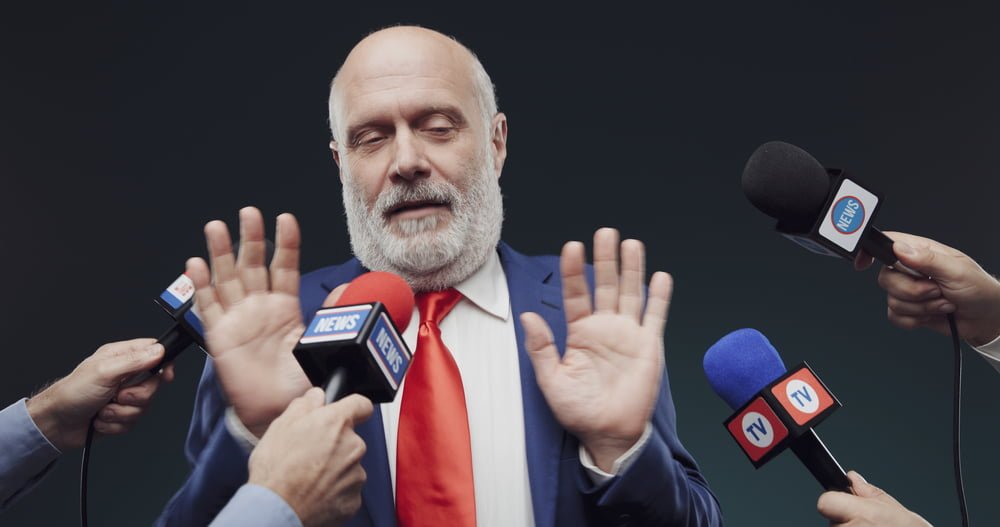
How do you handle a media question you don’t want to answer?
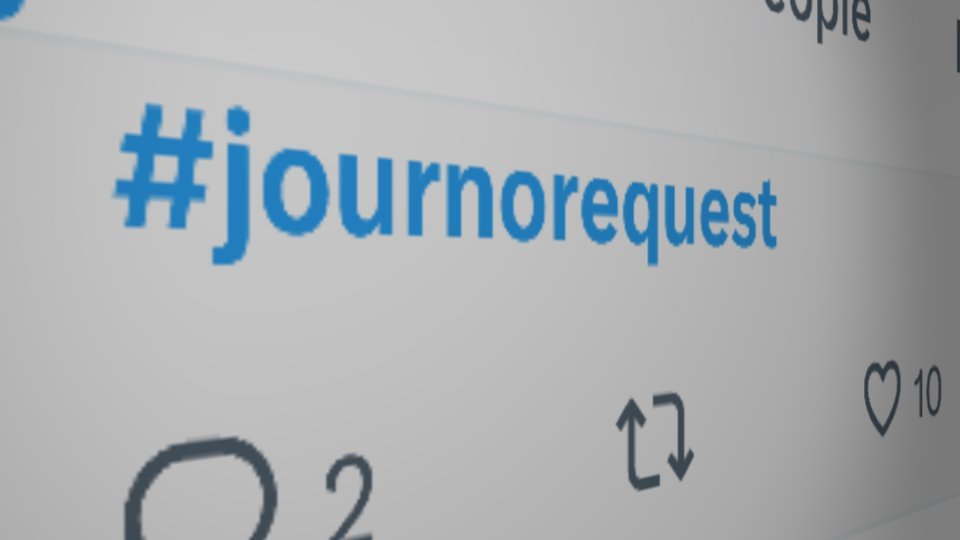
How to use #JournoRequest to get media attention for my business

How do I prepare for a TV interview online using Zoom, Teams or Skype?

How to appear on a business podcast

How to handle a difficult media interview
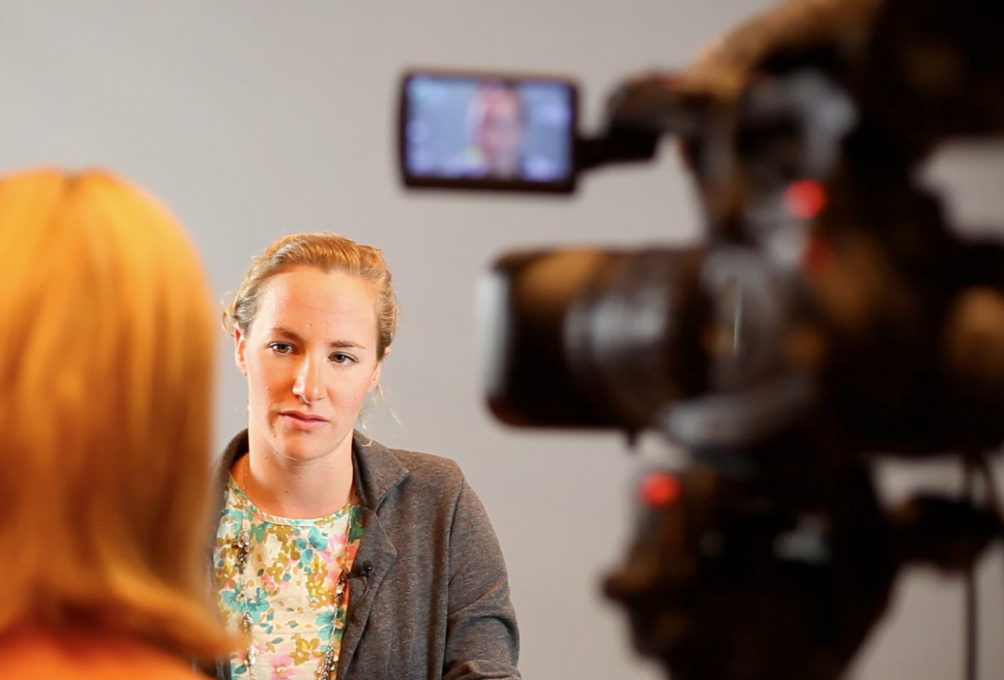
How to get featured in the media

How does the news work?
How can I develop a relationship with a journalist?

Manchester Media Training
How can I incorporate my organisation’s values or mission into a TV interview?
How can I use data or statistics effectively in a media interview?
How can I make my TV interview more engaging for the audience?
How do I research a journalist or interviewer?
How do I look good in a TV interview?

How to decline a TV interview request
Can I have the TV interview questions in advance?
What makes a good TV interview?

